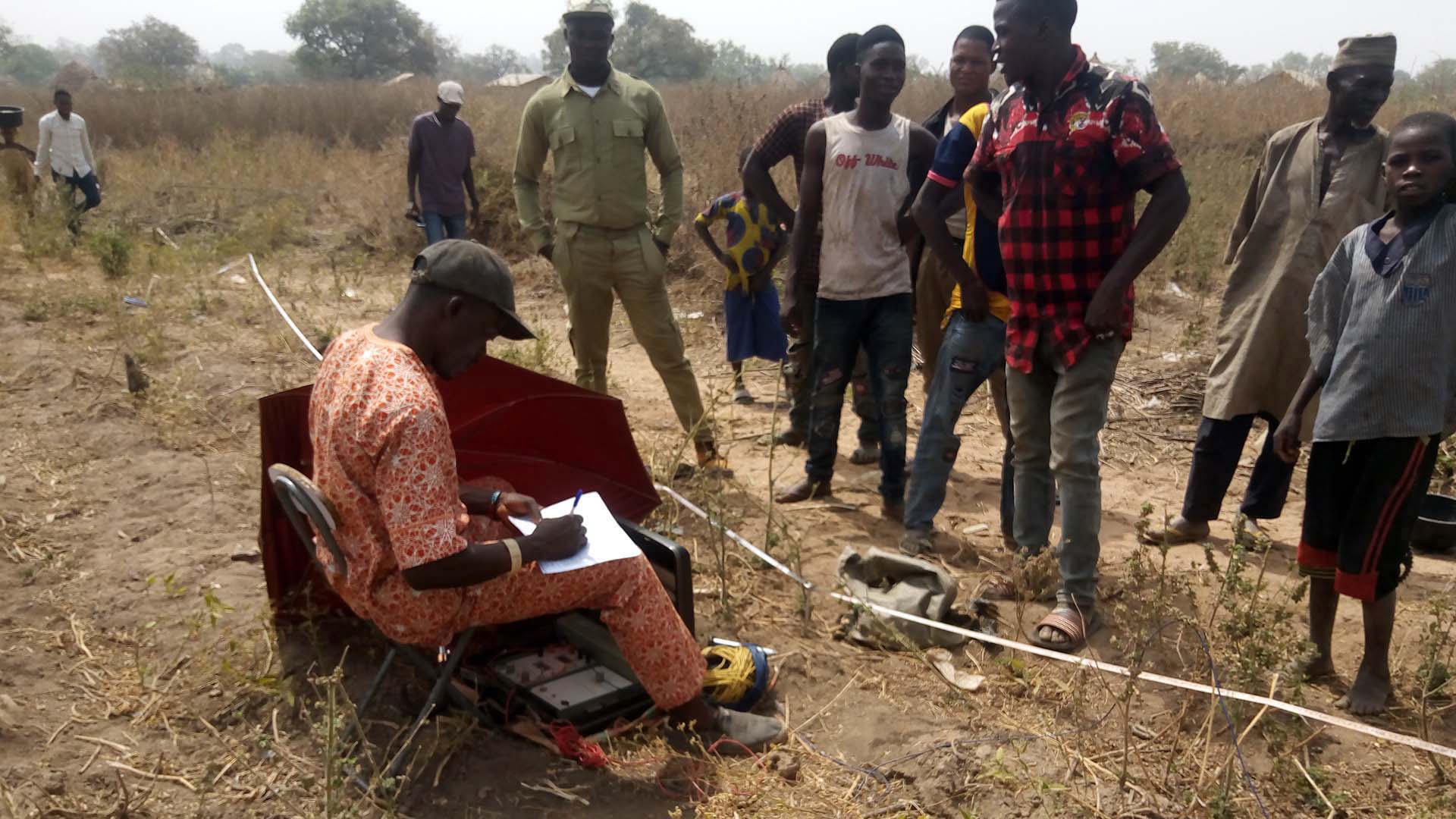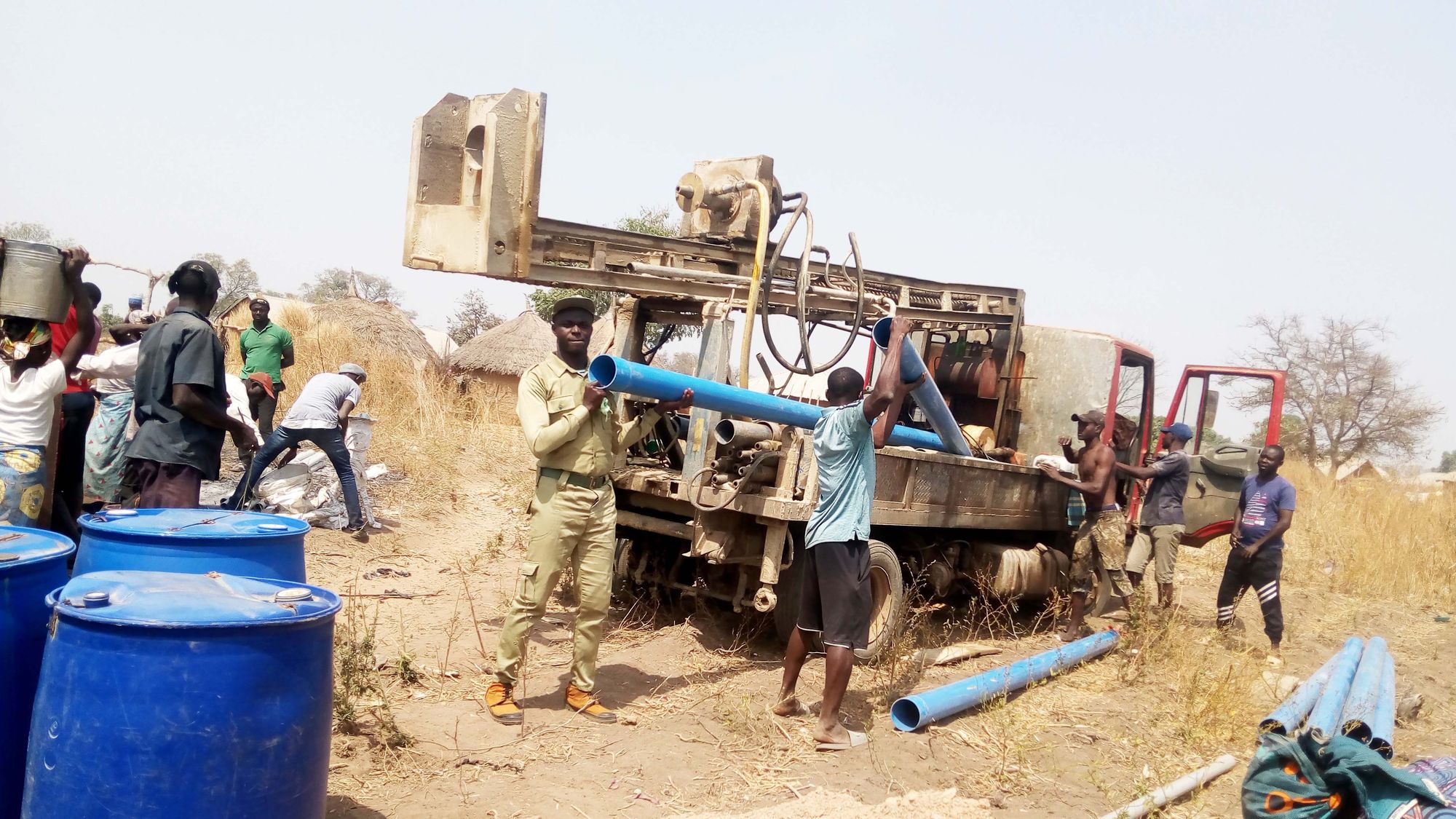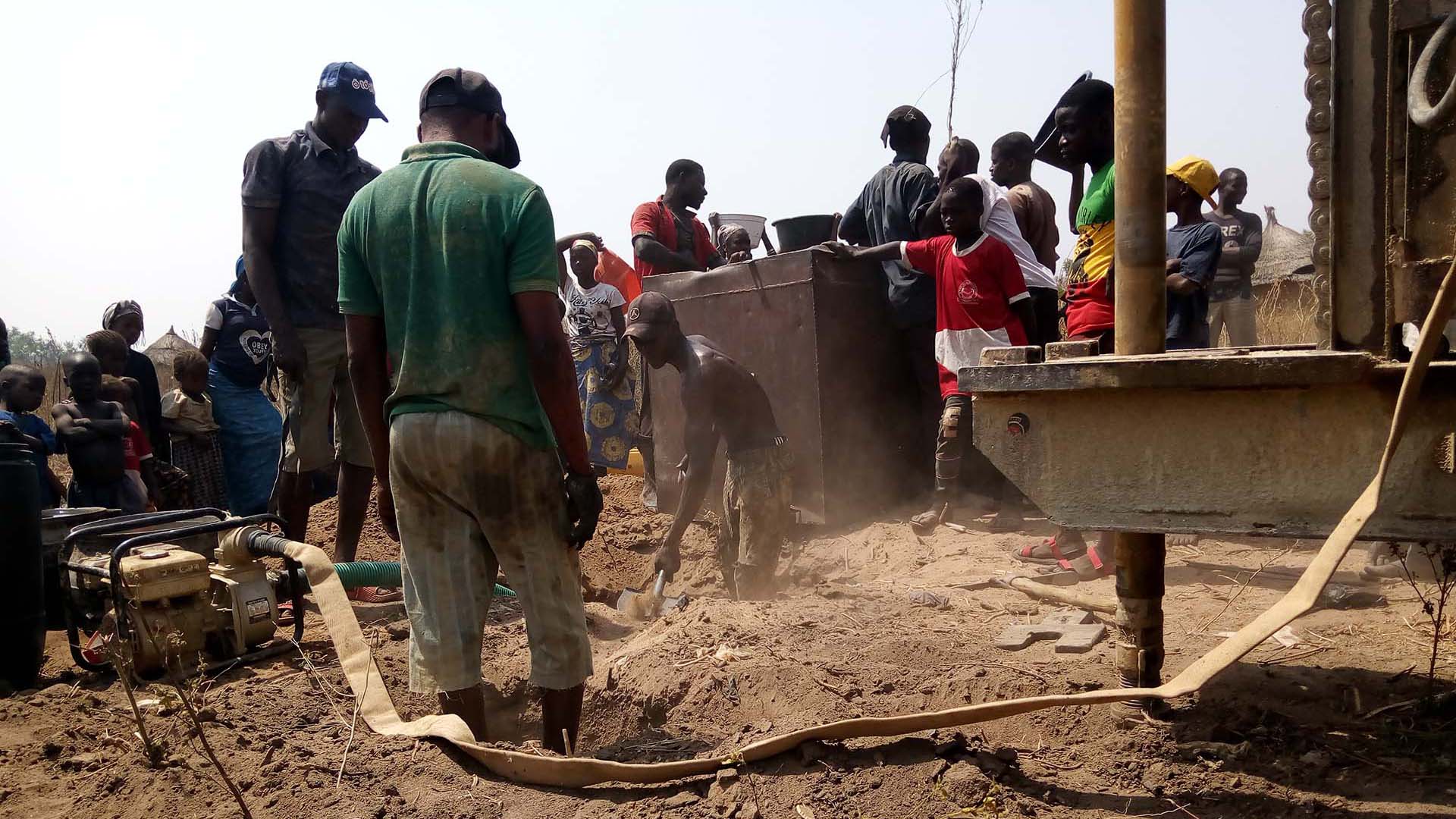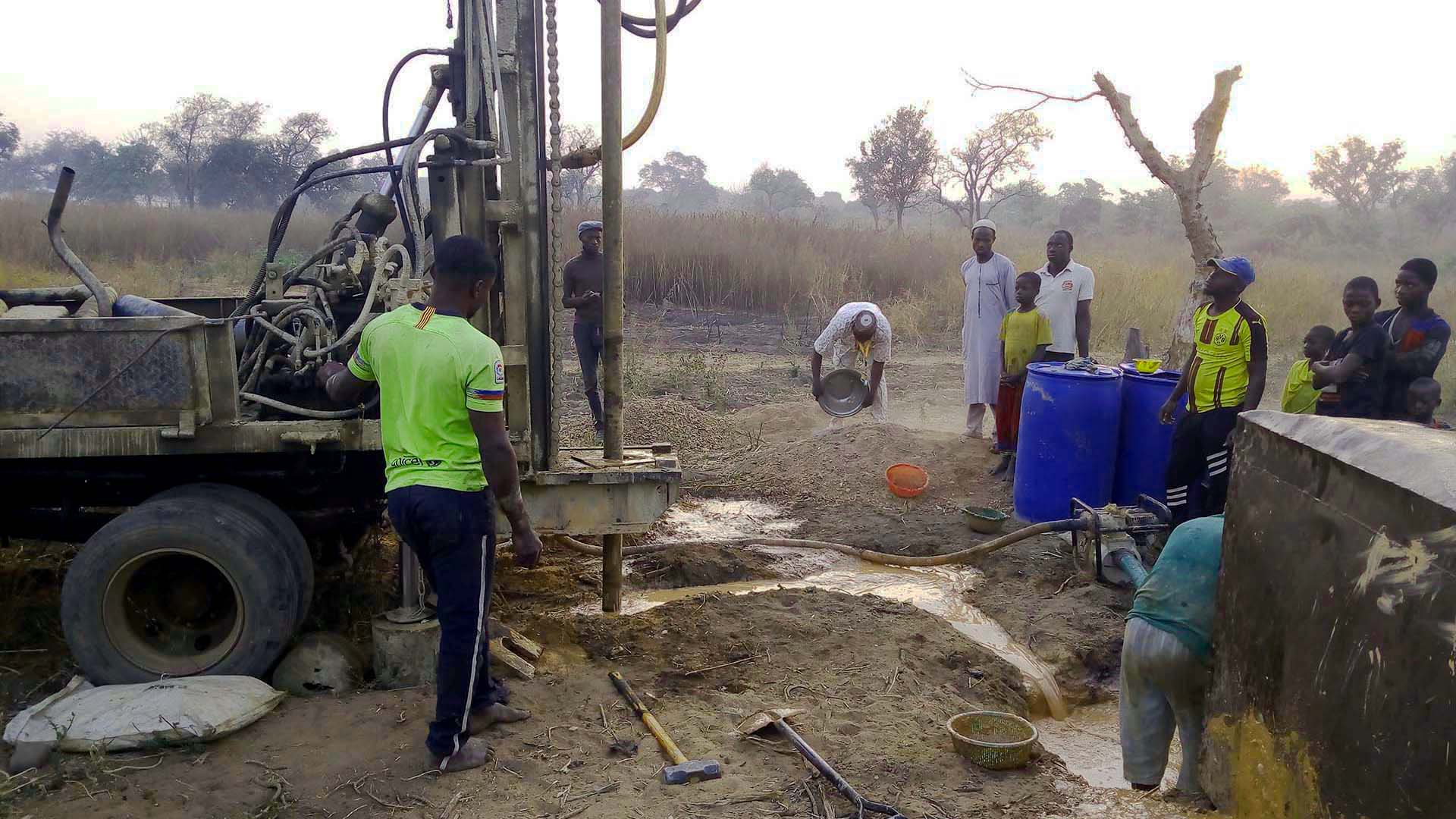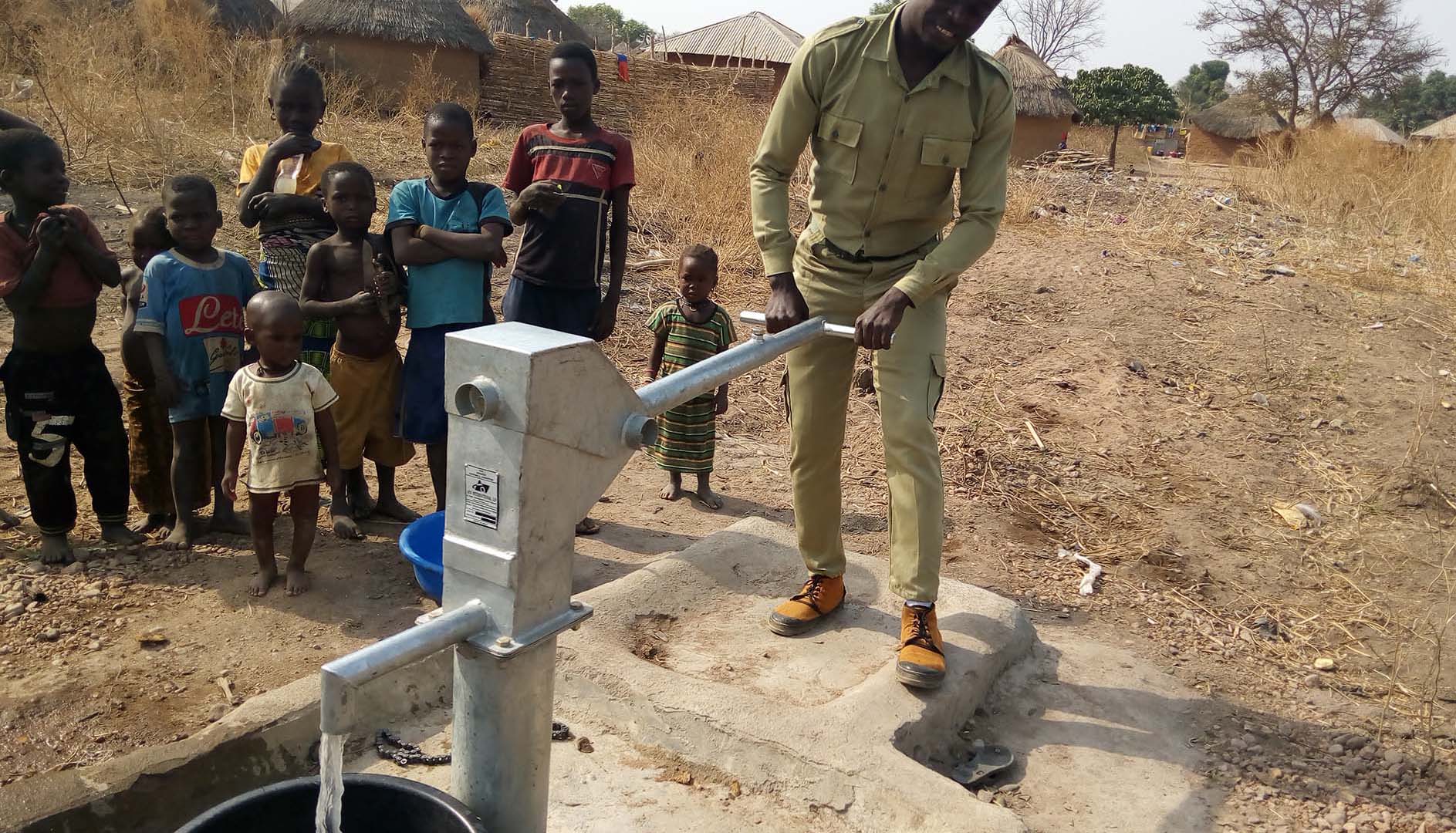Many people in Nigeria do not have access to safe drinking water, especially in remote rural villages. Social activist Samuel Dike Omaka created a social media campaign to tackle this issue, and successfully started a movement to bring clean water to a rural indigenous community in the Kwara state of Nigeria.
During my one-year mandatory service under the National Youth Service Corps scheme, I was posted to a rural community In the Kwara state of Nigeria. After spending some time there, I was concerned by the poor condition of people in the area and decided to assess the situation to gain a better understanding.
My first step was to reach out to these communities through partnerships and collaboration. For the first five months, I identified the needs of the people. With every month that passed by, I discovered new problems which I wanted to solve alongside the communities and other organisations.
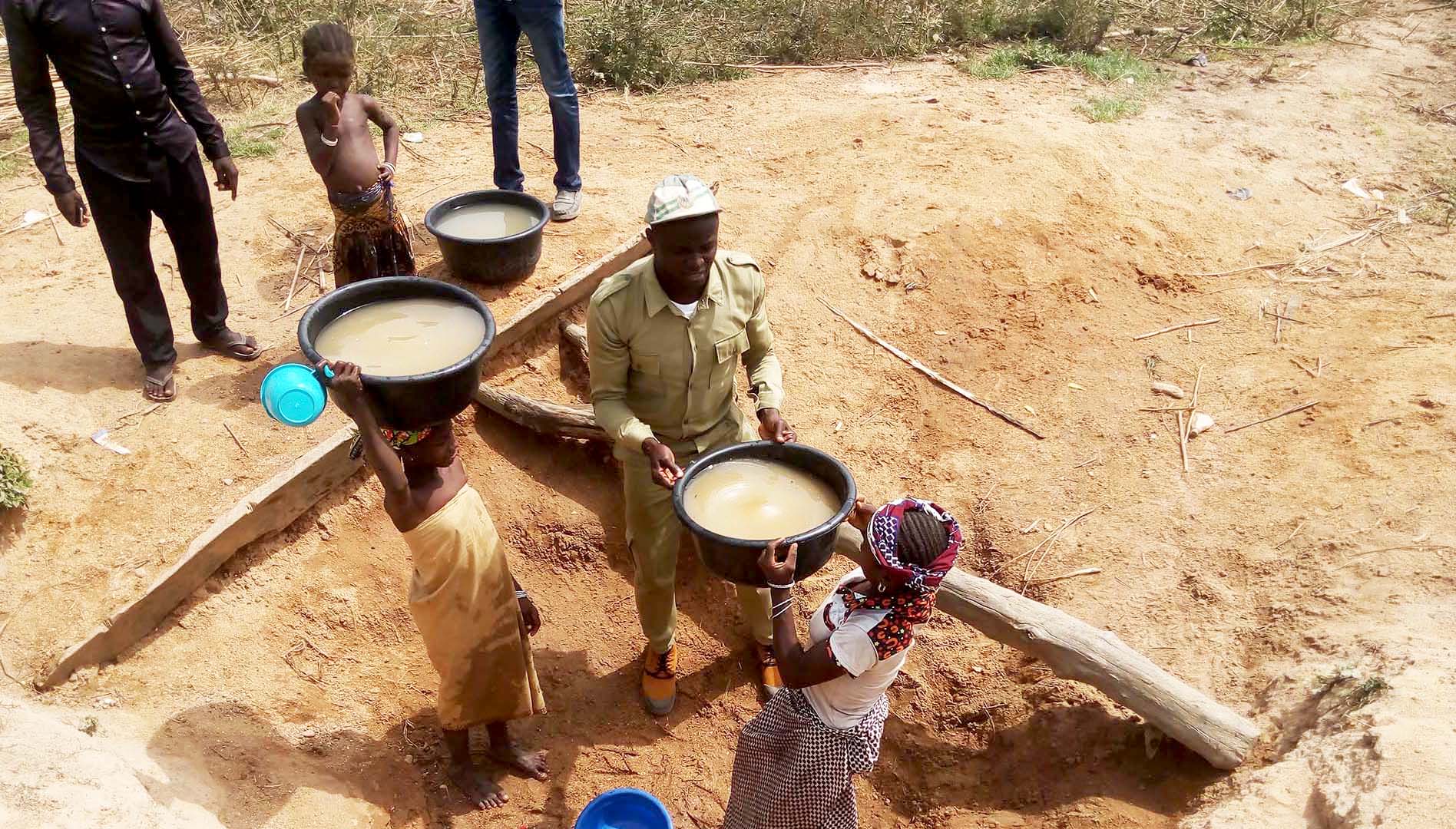
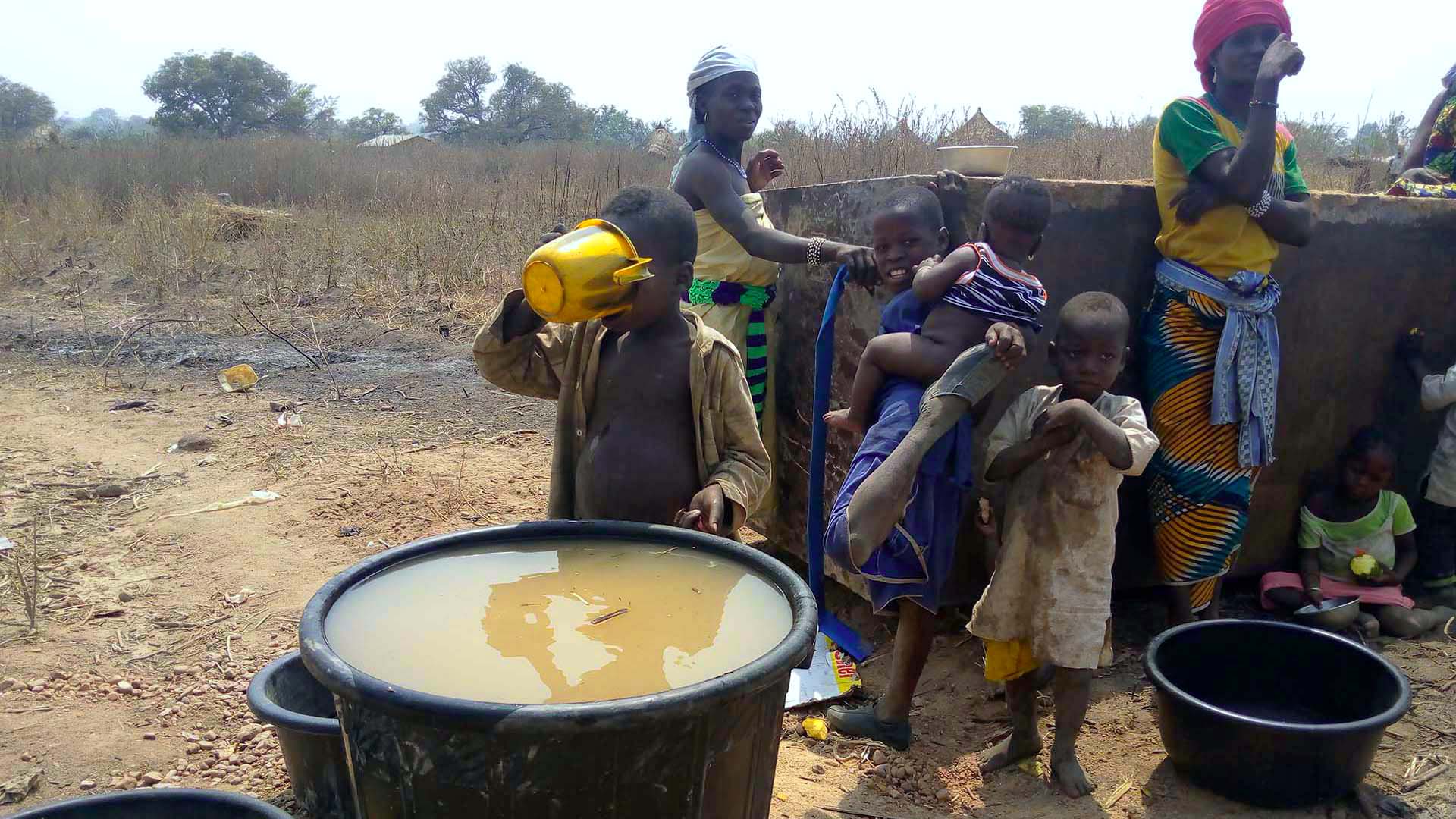
Leave no one behind
During the next months, I volunteered for the national Sustainable Development Goal (SDG) Family Activation program, led by DEAN Initiative. The aim of this program is to teach schools, communities, families and religious organisations about the SDGs and how to implement them.
Within the program, I decided to work with the Sabongeri-Ndeji indigenous community in the Kwara State. For our first meeting, the community came together at the house of the village leader. Here I shared all the SDGs, with the help of an English-Kambari interpreter. I explained how these goals relate to their daily living and how to take actions on an individual, family and community level.
After the exercise we walked outside, and I couldn’t help but notice the unhygienic source of drinking water for the community. Due to the scarcity of this same water, I was told that most of the community could only bathe once every four days. Overtime, this lack of clean water has led to poor hygiene and illnesses within the community.
“Every moment we take our children to the clinic due to this bad water” said Bulus Usman, a missionary sent to the community. Passion and empathy for humanity reminded me that although government resources had not reached this community, we could not leave them behind.
The power of a social media campaign
After seeing the water source, we decided to walk closer to take some pictures and videos. These formed the basis for our Twitter campaign. I shared the situation with Kehinde Akinsola, coordinator of the Kwara state’s World Largest Lesson team.
Together, we decided to leverage on the power of social media and formulate the hashtag #ConstructSabongeriWater. We were sure that if we posted these pictures with the hashtag consistently, it would amplify our voices. Our confidence came from the knowledge that the relevant state ministries and NGOs were active on Twitter.
However, we knew that we were not enough. We needed to involve more young people to spread the campaign further. Therefore, we made a call-out for volunteers through undergraduate networks, which proved to be very effective. Kwara is a state with many young people, especially undergraduates with a burning zeal for humanitarian services and volunteering.
Kehinde and I leveraged on the existing Kwara SDG Activators team, coupled with the volunteers we mobilised, to kick-start our campaign at the beginning of 2020. We adopted the strategy of daily advocacy, composing daily tweets with pictures and information about our cause. We also added chronological numbers to our tweets each day, to make our level of consistency visible.
Within the tweets we directly mentioned and tagged certain Twitter accounts who we identified as relevant. With time, some Twitter activist networks joined to amplify our voices.
Crowdfunding
Within a few weeks hope came, when our campaign drew the attention of the #BuildAWell Twitter team. Their main aim is to use crowdfunding campaigns to provide wells and boreholes to areas with no access to water, in the northern part of Nigeria.
On the 22nd of January 2020, the organisation sent geophysical engineers to the area to conduct groundwater surveys. I walked them to the Sabongeri-Ndeji community.
The report of their results was posted on their Twitter account with around €1,270 cost estimate. Within two hours, a donor got in contact. One week after the survey, the borehole construction began, and it was functioning within two days. From the 30th of January 2020, Sabongeri-Ndeji has had access to clean water.
An inspiring way to solve water challenges
The major challenge faced by the Sabongeri-Ndeji community is their remoteness, resulting in the project only being realised by the end of January 2020. Though the village has an access road, it is a two-hour drive away from the state’s capital city. For this same reason, the community and suburbs lack access to many government resources and social amenities.
This case shows how a local problem can be made visible, in order to receive support from the national and even global community. The success of this project is due to the power of social media and the collaboration with dedicated volunteers. I believe that this model can be replicated to solve water challenges facing local communities worldwide.
